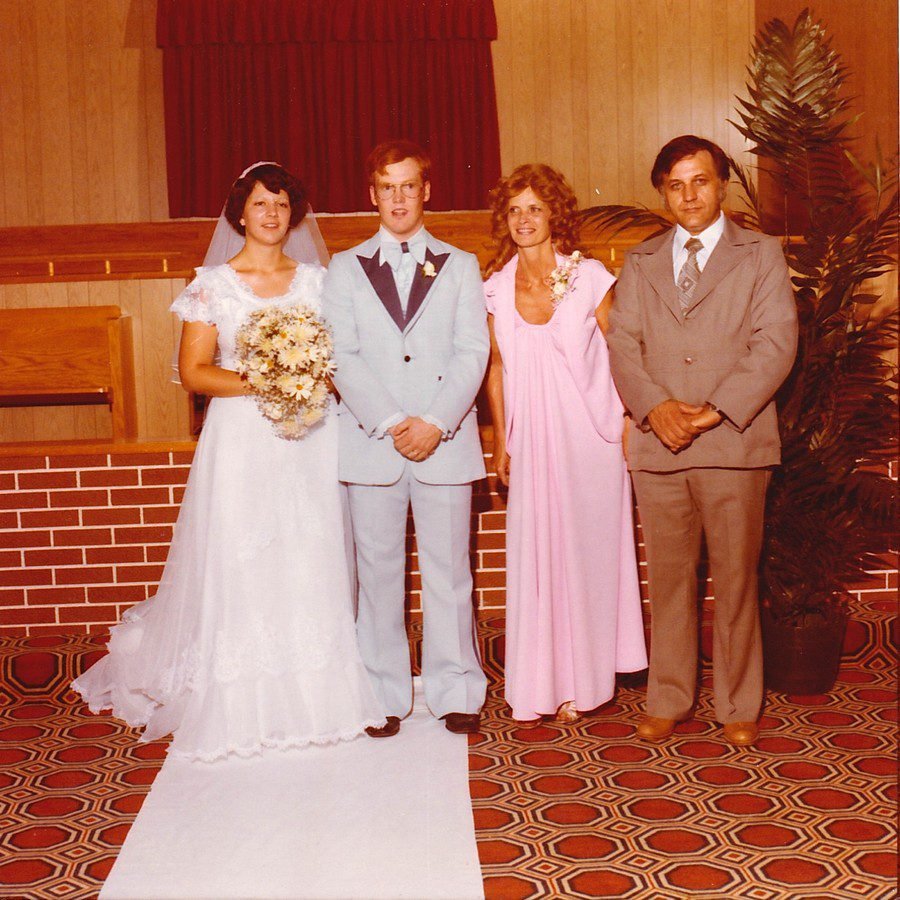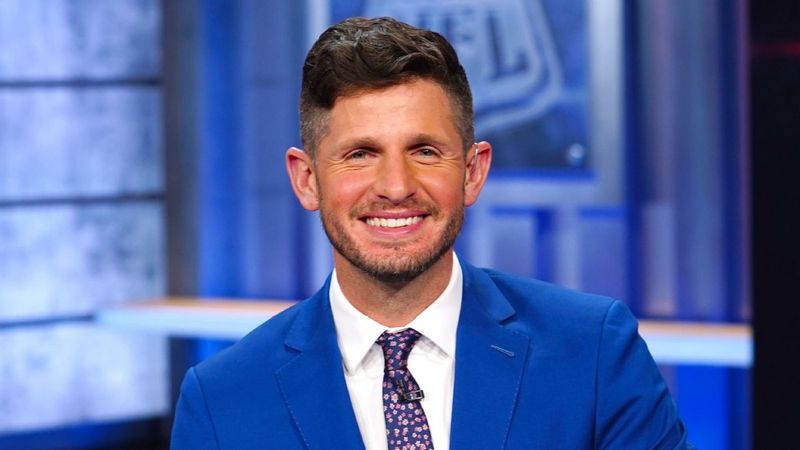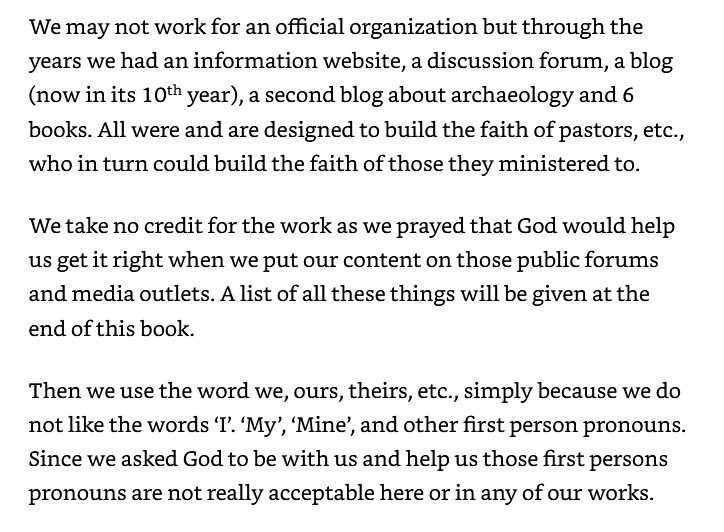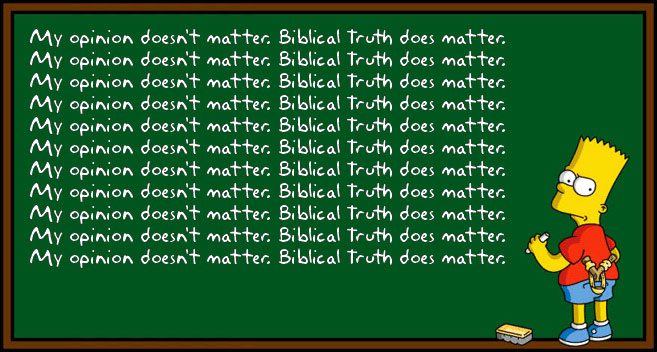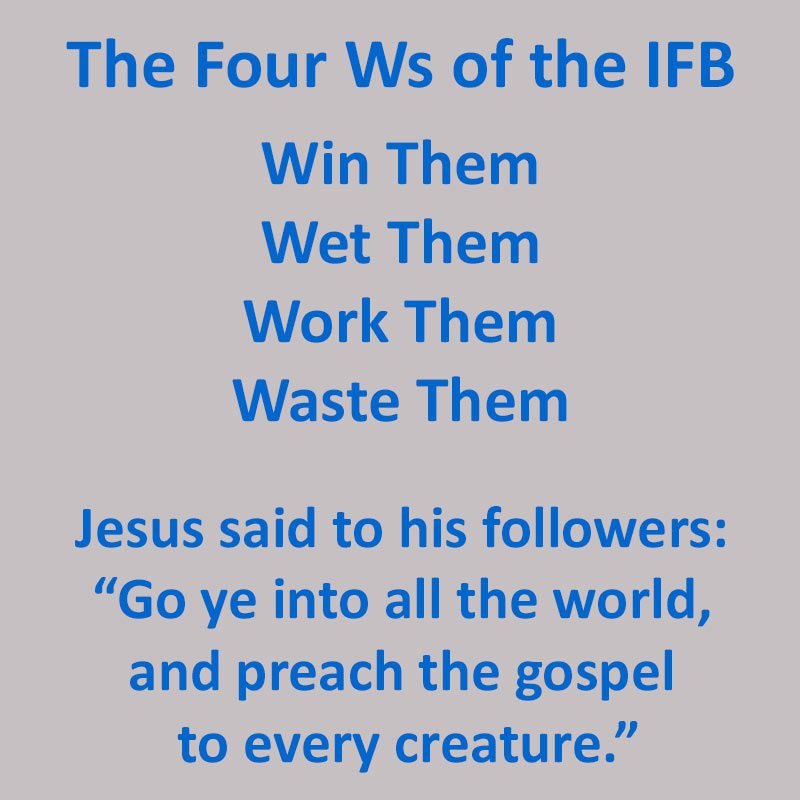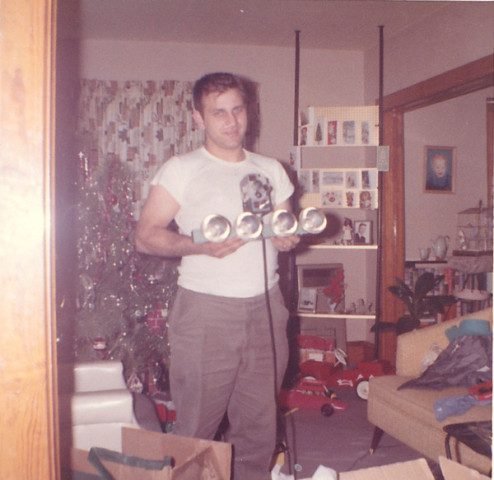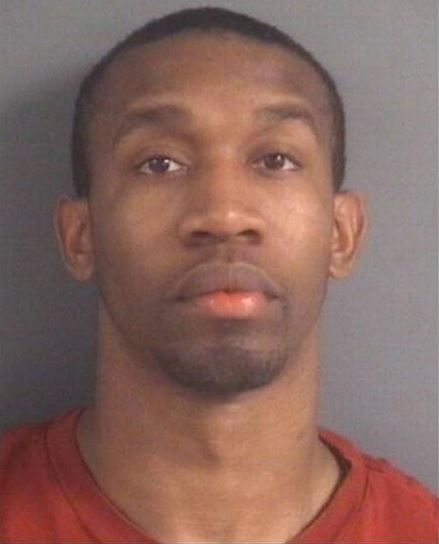
A Guest Post by Dia Wright
People didn’t used to be so brazen about it. The topic used to be one that caused feelings of shame, grief, and embarrassment. Much like sex and cancer and death, the topic of racism used to be one that Christian parents were reluctant to discuss with their kids. They wanted to make sure they said the right thing. Parents were careful to point to Martin Luther King, Jr., as somebody who fought racism with integrity and sought a society where color would not matter. They focused solely on “good” Black activists like King and Rosa Parks, as examples of Christians fighting racism in socially acceptable ways. Staying within a safe, comfortable vision of idealistic America, while nevertheless acknowledging the shame of racism, these parents thought they were doing the best they could. They tried not to think about it too hard.
All this has changed. It’s 2023, and massive changes have swept through America. With right-wing Christian extremism on the rise, more and more Christians are showing their ugliest sides. Well-meaning white believers have abandoned their façade of caring about justice, and now openly display racist rants on social media, listen to racist pastors, etc. Really, this shouldn’t come as a surprise to those who are well tuned in. It is nothing to be surprised about—nothing that has not been a long time in the making.
Nevertheless, as someone who still considers herself a Christian, it is shocking and disturbing to come across racist Christians online and in the real world. It is shocking when the church you once attended weekly sends out a bus to Washington on January 6th, 2021, when a person who went to this church is rumored to be running a brazenly racist Trump merchandise stand out by the highway, when the pastor claims that slavery was a small part of American history and that George Floyd died of a drug overdose. It is shocking and disturbing when your parents’ friends online are all rabid conservatives who call liberals horrible names, saying that you cannot be a Christian and vote differently from the way they do. I have seen violent threats, profanity, rage, hysteria, and hatred—all coming from people who, in the same breath, promote Bible verses about God’s love and devotional excerpts. There is an ugly stain of racism spreading and spreading among white Christians I know, and it is doing more harm than we can possibly imagine in our smug, self-righteous state of mind.
White, right, salt and light…that’s their life philosophy. They used to not be so obvious about it, as I said. They used to quote King’s “I Have a Dream” speech and share heartwarming stories about Black people uniting with white people. Even if their anti-racism was superficial, it was better than nothing. They used to quote clever clichés such as “It’s not the race, it’s grace. It’s not the skin, it’s sin.” They used to say that there is no Jew or Greek with Christ, so there should be no Black or white, either. They used to plaster over Black people’s anger by saying all lives matter. Not anymore. Now, they’re coming ever closer and closer to saying that Black lives don’t matter.
I came across this obscure, redneck IFB pastor in a cowboy hat, who posted a YouTube video called, “WHITE PRIVELEDGE.” The video’s seemingly ignorant and misspelled title was absolutely done on purpose. The video was nearly twenty minutes long, and the comment section dripped with “amens.”
I regretted watching the video. I wanted to throw up, more like it. He started out calling Black people thugs, then listed the ways in which he apparently had it worse than Black people when he was growing up, because he was raised tough and old-fashioned on a farm and got “whupped” and had to work for every privilege he got. After he was smug for a good ten minutes, he listed off every imaginable negative stereotype about Black people. Among them, he told Black people to stop wearing hoodies, stop listening to rap music (“nobody likes it”), stop “murdering your children at Planned Parenthood,” stop singing loudly and dancing in church, stop rioting and burning buildings, stop “whining,” stop “smirking,” stop being deadbeat fathers, stop getting unearned government benefits…and on and on and on. The only Black people this pastor approved of, in fact, were a select few with conservative views similar to his, who never challenged his white American authority in any way. In addition, he wasn’t too kind about poor white people who rely on welfare (such as my family when I was a kid). He was proud that his ancestors came from the British Isles and they brought the good old-fashioned Bible with them and they built this nation and they taught him values—unlike those low-born, urban thugs out there.
Don’t tell me that white Christian conservatives aren’t racist today!
Racism hides behind code words. These code words are known as “dog whistles” to some, but they’re mostly just thinly veined propaganda. Here are some code phrases to watch out for: “Western civilization was built on Christian values,” “In the good old days of the 1950s,” “When America was great,” and even “Biblical values” and “family values.” Yes, “family values” is a racist code phrase. Because these people believe that the Black family is dead, and that Black people cannot form successful families, they think that a Bible-believing, white family is the answer to everything. This reasoning mirrors American history, in which slave families were ruthlessly split up to be sold because the slaveholders believed that Black people inherently lacked family instincts. Also, they mourn the fact that these family values began to fade out during the cultural revolutions of the 1960s—the decade in which both of the main cultural revolutions, the Civil Rights Movement and the emergence of rock and roll, were fueled by the Black community. They may try to skirt the fact that they believe upholding Black civil rights has ruined America, but they really believe it, deep down inside.
And there are many more racist code phrases. The best thing to do if you encounter them is to contradict them as outright falsehoods.
As conservative Christians in the 2020s, we have invented a whole new list of sins. These sins are nothing like they were in previous decades. Here are the top sins: social distancing, wearing a mask, getting vaccinated, voting Democratic, and being “woke.” What exactly does it mean to be woke? It is another one of those code words that is thrown around vaguely to mean whatever the speaker wants. Yet it causes extreme emotional reactions because of the strong images it brings to mind. Many Christians who are forever calling other people “snowflakes” for not tolerating their conservatism, at the same time, have a “cancel culture” of no longer associating with anyone they consider “woke.” The Salvation Army may be on the “woke” list one day for seeming to support BLM, and the next day, it may be a popular preacher who shows empathy for BLM protesters. The next day, it may be a longtime friend who disagrees with the generally accepted view of racial reconciliation. Peaceful disagreement doesn’t exist anymore. Now, the question that God will ask everyone on Judgment Day, is, apparently, “Were you woke or were you not woke?” (My fingers are sore from all these air quotes.)
Just today, I saw a Facebook post on a Christian “discernment” page. It showed a crowd of Black Lives Matter protesters shrouded in darkness, holding signs that read STOP WHITE OPRESSION. Facing off against the evil protesters was one lone, brave, white Christian, holding a cross high. Written in small letters above the pictures were the words “Viking Christian.” This left little doubt as to what the creator of this post thinks about racial reconciliation and Black people in general. Sure, isn’t that being Christlike, to demonize all Black people and glorify all white people?
Do you want to know what the top deplorable sin is in the eyes of God? Pride. Check out the book of Proverbs. There are also plenty of verses in there about the righteous person standing up against the poor being oppressed. Don’t let people kid you—not even your church. There is no “sin of the year.” Wokeness is not necessarily a sin. White American nationalism is a sin because it can’t be separated from pride.
But it’s impossible to talk very long about this touchy subject. The white Christians I know are very eager to stand up for truth. They are so eager to stand up for truth that they annoy the shit out of me. I wish they’d stop standing up for the truth for three seconds and listen to what I have to say. I’m not asking them to agree with me or change their minds—I just wish they’d understand me in some way. I wish we could get across this impossible woke-versus-anti-woke barrier in some way! Ugh! Instead, they bully and intimidate everyone and anyone who shows the teeniest little smidge of liberalism. Paranoid and seizing upon every conspiracy theory they can find, they cling to morally bankrupt former presidents, tout sketchy agendas in all capital letters, call their opponents stupid; and yes, of course, take out all their pent-up, narrow-minded frustration on Black people along with other minorities.
People didn’t use to be so brazen about it. They didn’t used to be so bitter, either. There is a spirit of harshness, meanness, and bitterness that is ripping relationships to shreds, leaving cold silences for former friends, and screaming on the street corners. People are so bitter and sure of themselves these days, that the only way to stay safe is to make sure you don’t empathize with anyone different from you. Don’t spend too much time with people of different backgrounds. They might change your mind about the deeply-held views you’ve had since childhood. If you see them as people just like yourself, then you will no longer have a basis to be divided. So stay unified—and stay white! We built this country, anyhow, didn’t we?
I guess that’s the reason the Christians I know are so insistent that they’re fighting a culture war. It’s part of human nature to want to stay divided, at war, and on the winning side. Yet they’re pitifully wrong. If they look too closely at the culture war they’re fighting, they’ll see that they’re fighting for all the wrong things. It’s not Christian at all. In fact, it’s a race war, and they either unconsciously or consciously see Black Americans as their opponents.
We are not the light, and they are not the darkness. I am surrounded by racist Christians in a world of wokeness, in which nobody listens to each other or cares about each other. And I’m still trying to find my place in a world that doesn’t understand.
Bruce Gerencser, 68, lives in rural Northwest Ohio with his wife of 47 years. He and his wife have six grown children and sixteen grandchildren. Bruce pastored Evangelical churches for twenty-five years in Ohio, Texas, and Michigan. Bruce left the ministry in 2005, and in 2008 he left Christianity. Bruce is now a humanist and an atheist.
Your comments are welcome and appreciated. All first-time comments are moderated. Please read the commenting rules before commenting.
You can email Bruce via the Contact Form.

